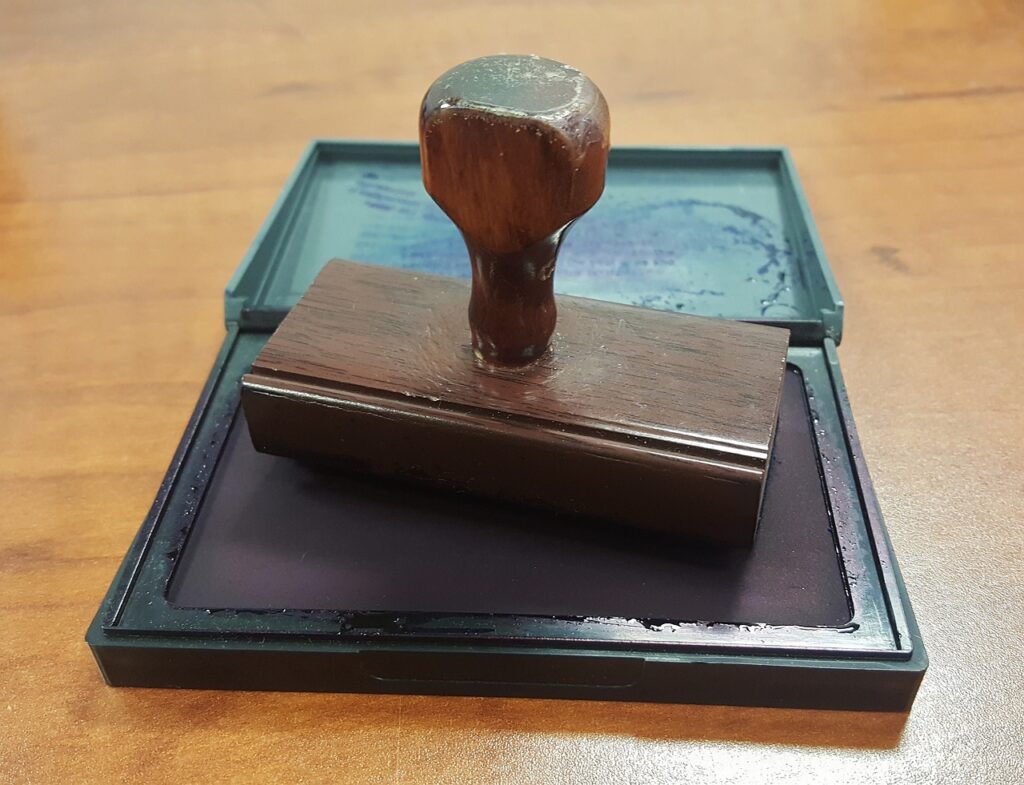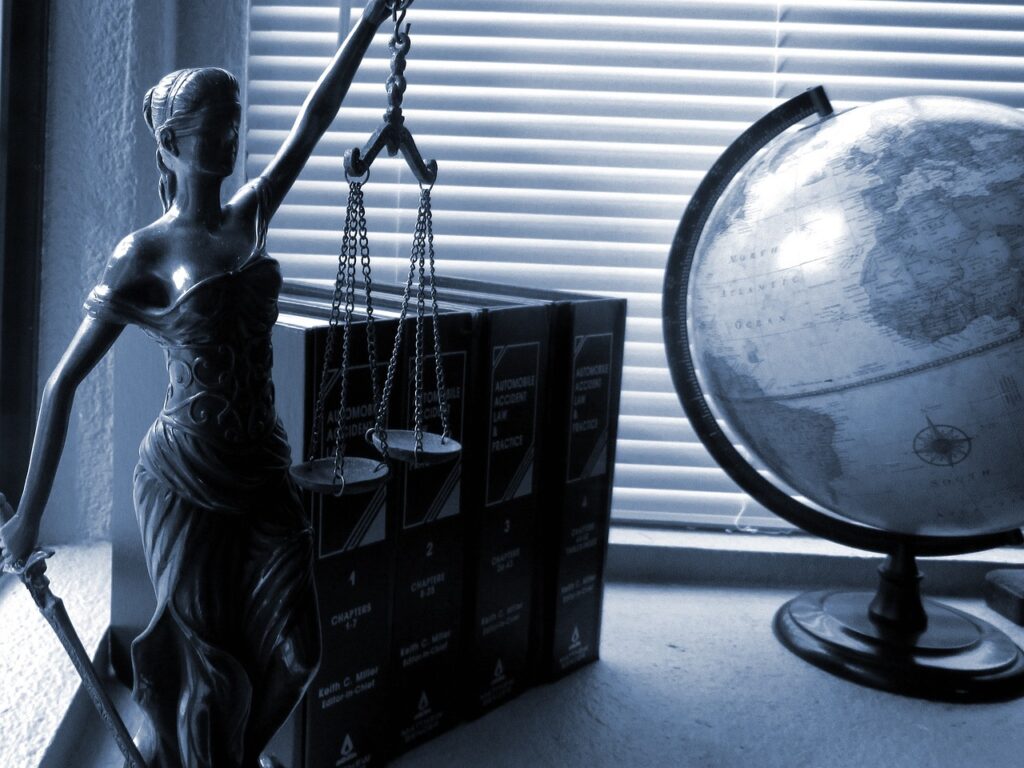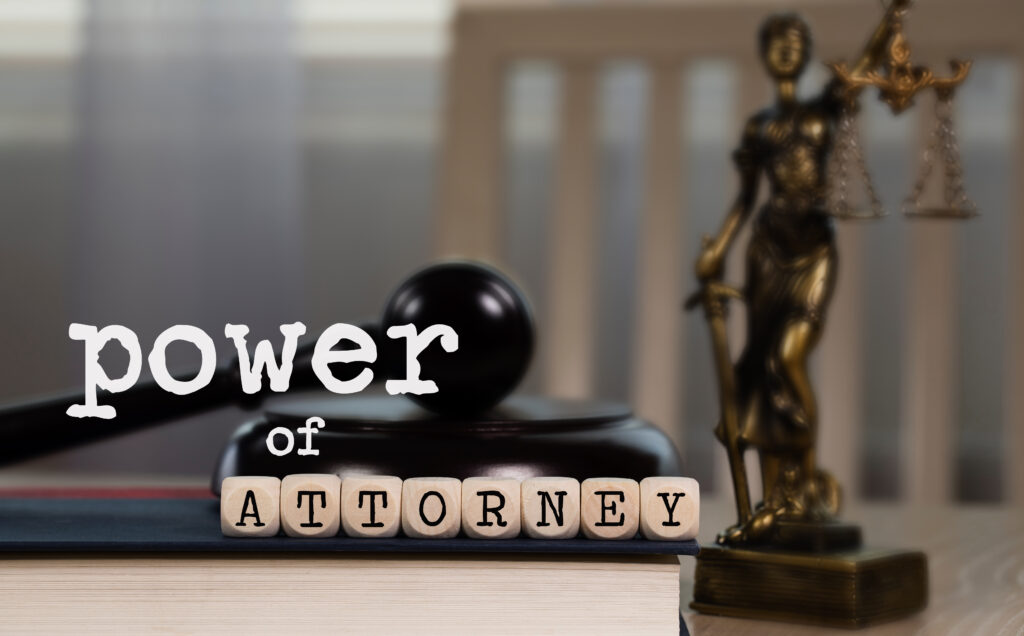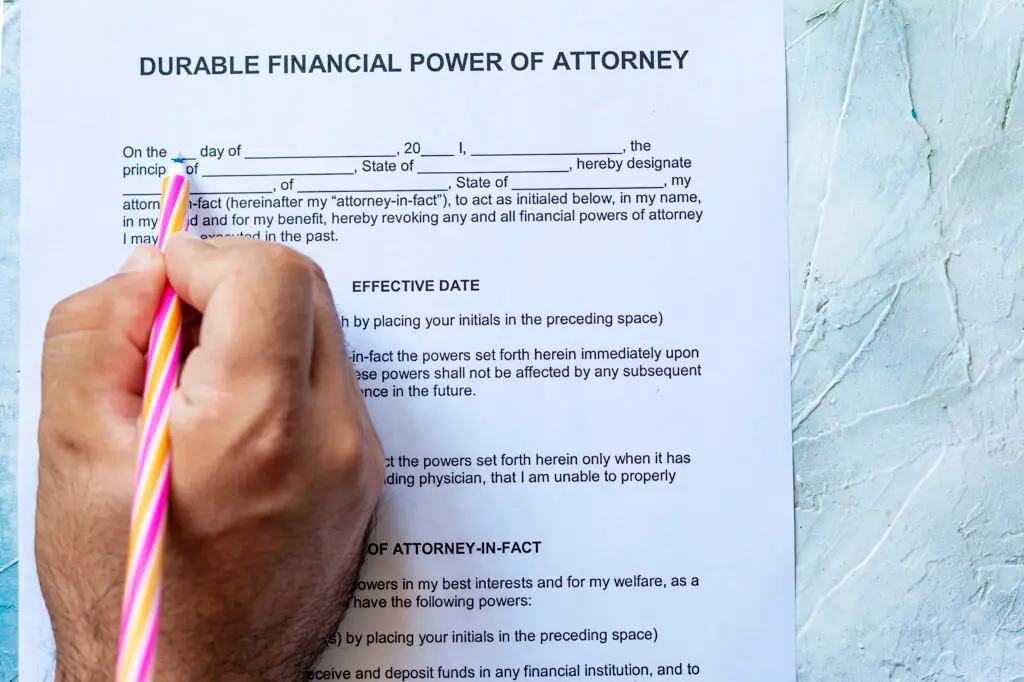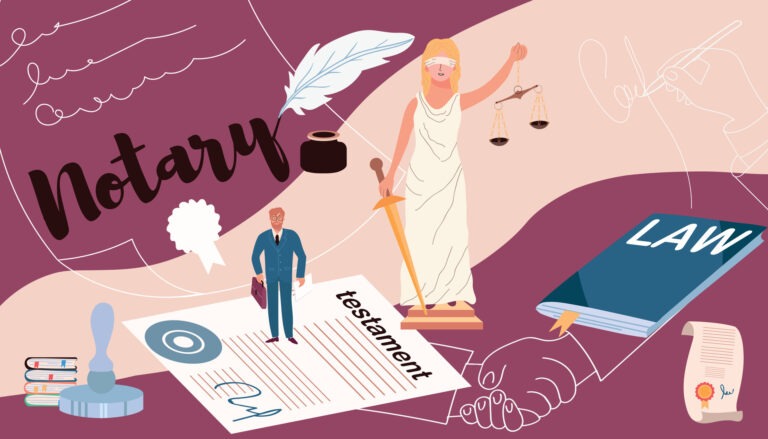
The Role of a Notary in Power of Attorney
A power of attorney (POA) is a legal document that grants someone else the authority to act on your behalf in financial or legal matters. Notarization plays a crucial role in the validity and authentication of power of attorney documents. In this article, we will discuss the notary services for power of attorney, the legal requirements, and the notarization process.
Notary Services for Power of Attorney
A notary public plays a crucial role in the execution of power of attorney documents. Notarization provides an added layer of authenticity and validity to the document. Here are some key services offered by a notary for power of attorney:
Witnessing Signatures
A notary public witnesses the signing of the power of attorney document. This ensures that the signature is genuine and made voluntarily.
Certifying Copies:
In some cases, a notary can certify copies of the power of attorney document. This can be useful when the original document needs to be retained by the principal or when multiple copies are required.
Verifying Identity:
A notary verifies the identity of the person signing the document. This helps prevent fraud and ensures that the document is being signed by the intended person.
Administering Oaths:
In some jurisdictions, a notary may administer oaths or affirmations to the signatories, further attesting to the authenticity of the document.
Legal Requirements
There are several legal requirements that must be met for a power of attorney document to be valid. Notarization is often a key requirement to ensure the document’s authenticity and legality. Here are some important legal requirements for power of attorney documents:
Capacity: The person granting the power of attorney (the principal) must have the legal capacity to do so. This means they must be of sound mind and not under duress or undue influence
Voluntariness: The power of attorney must be executed voluntarily by the principal. They must not be coerced or forced into signing the document.
Specificity: The power of attorney document must clearly specify the powers granted to the agent (the person receiving the power of attorney). Vague or ambiguous language can lead to disputes.
Notarization: In many jurisdictions, notarization is required for a power of attorney document to be valid. The notary verifies the identity of the signatories and ensures that the document is executed properly.


Want to Learn More? Contact Pryor Mobile Notary Today !
What is the Notarization Process?
The notarization process for a power of attorney document typically involves the following steps:
Verification of Identity: The notary verifies the identity of the person signing the document. This is usually done by checking a government-issued ID.
- Signing of Document: The principal signs the power of attorney document in the presence of the notary. The notary may also witness the signing of any additional documents, such as affidavits or acknowledgments.
Notary’s Seal and Signature: Once the document is signed, the notary places their official seal and signature on the document. This attests to the authenticity of the signature and the validity of the document.
- Recordkeeping: The notary keeps a record of the notarization, including the date, the names of the signatories, and the type of document notarized. This record is kept in the notary’s journal for future reference.
Completion of Notarial Certificate: The notary completes a notarial certificate, which is attached to the power of attorney document. This certificate states that the document was properly executed and notarized.
In conclusion, notarization is a critical step in the execution of power of attorney documents. It provides an additional layer of authenticity and legality, ensuring that the document is legally valid and can be enforced in a court of law. If you need assistance with notarizing a power of attorney document, consult with a reputable notary public to ensure that the process is done correctly.

